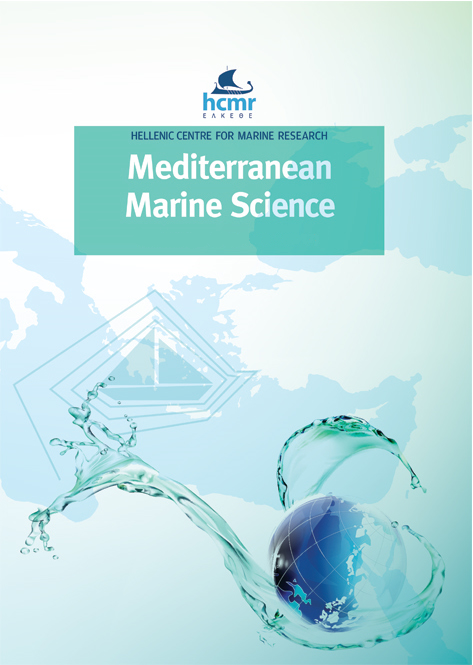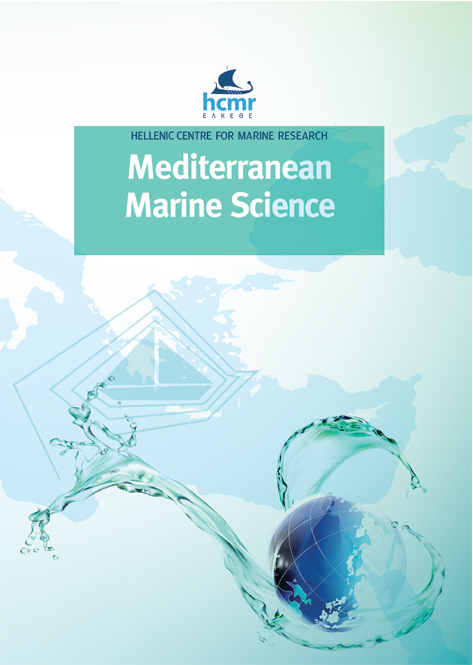Increased knowledge affects public attitude and perception towards elasmobranchs and support for conservation

Abstract
The tendency of world media to villainize of sharks has likely contributed to a disparity in the distribution of research and conservation resources among threatened marine megavertebrates, with elasmobranchs losing out. Increased public knowledge on elasmobranchs can shape public attitude and foster and gain support for elasmobranch conservation. Through an online survey, this study aimed to evaluate the drivers of public knowledge and examine linkages between awareness of elasmobranchs and attitude toward their conservation. To explore the relationships and effects between the different predicting variables and public elasmobranch knowledge and attitude indices, bi- and multi-variate analysis and a partial least squares path model were used. The results indicated that the average public elasmobranch knowledge of the Cypriot population was moderate and the average public attitude towards elasmobranchs was relatively low. Marine-related activities and marine-related education were highly correlated with increased public elasmobranch knowledge and were the strongest predictors of the partial least squares path model which explained a high degree of variation in elasmobranch knowledge. Public elasmobranch knowledge was highly correlated with public attitude towards elasmobranchs. The findings of this study highlighted the importance of ocean literacy and education and provide insights into the mechanisms for developing and designing successful advocacy actions for elasmobranch conservation.
Article Details
- How to Cite
-
PAPAGEORGIOU, M., BENGIL G.T. , E., SNAPE, R., & HADJIOANNOU, L. (2022). Increased knowledge affects public attitude and perception towards elasmobranchs and support for conservation. Mediterranean Marine Science, 23(3), 637–649. https://doi.org/10.12681/mms.28749
- Section
- Research Article
Authors who publish with this journal agree to the following terms:
- Authors retain copyright and grant the journal right of first publication with the work simultaneously licensed under a Creative Commons Attribution Non-Commercial License that allows others to share the work with an acknowledgement of the work's authorship and initial publication in this journal.
- Authors are able to enter into separate, additional contractual arrangements for the non-exclusive distribution of the journal's published version of the work (e.g. post it to an institutional repository or publish it in a book), with an acknowledgement of its initial publication in this journal.
- Authors are permitted and encouraged to post their work online (preferably in institutional repositories or on their website) prior to and during the submission process, as it can lead to productive exchanges, as well as earlier and greater citation of published work (See The Effect of Open Access).





